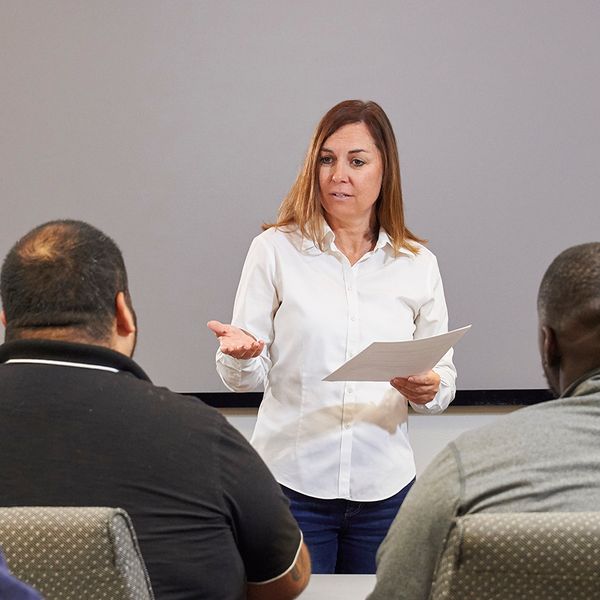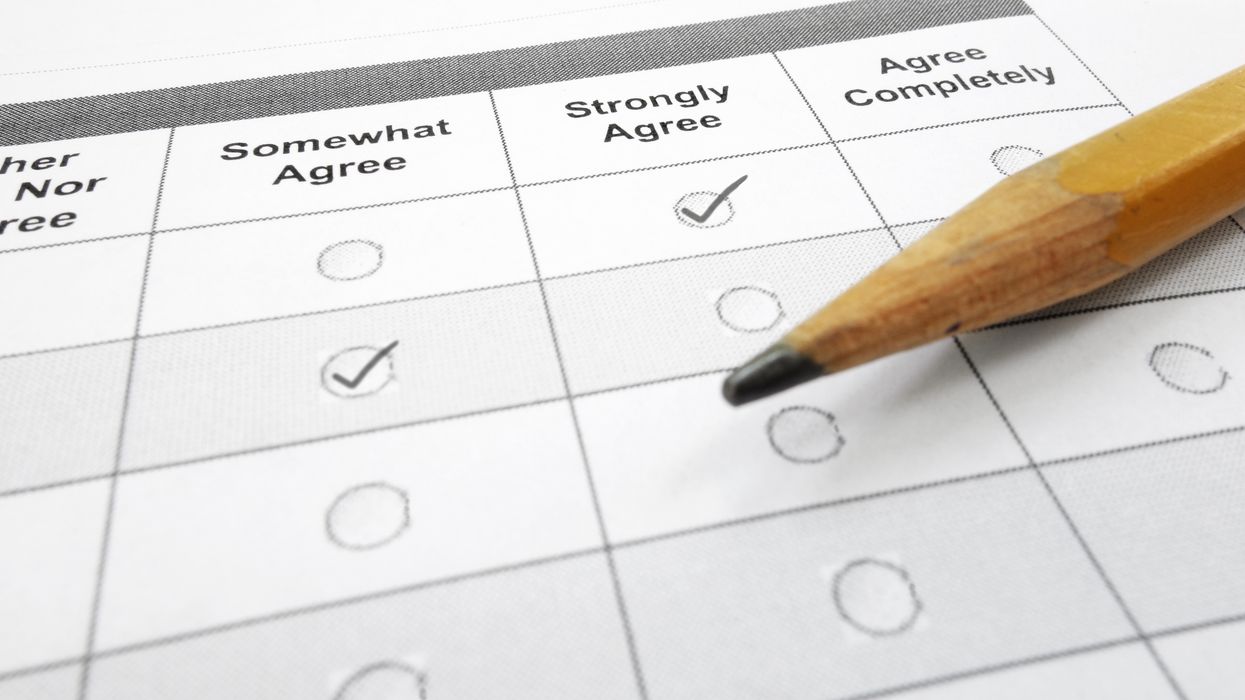Practicing with Taylor Swift could lead to more civility at work
Like any skill, learning to have a civil conversation takes practice. That’s where Taylor Swift can come into the picture.
Employees can practice core skills of listening, respect, and empathy in a conversation on a lighter topic. For example, they might discuss whether:
- Taylor Swift is overrated.
- Dogs or cats make better pets.
- Social media is a good thing.
The goal of these conversations is not to convince others that you are right. The group doesn’t need to come to a consensus or draw a conclusion.
Rather, the goal of the exercise is to understand another person’s viewpoint and find respect for it.
Why practice civil conversations?
Learning how to be civil is valuable because disagreements at work sometimes turn ugly. Research from the Society for Human Resource Management (SHRM) shows that two-thirds of workers have experienced or witnessed workplace incivility in the past month.
Conversations don’t have to become heated, however, even when people are on opposite sides of an issue. Practice in having civil conversations can help workers learn skills that lead to a more respectful sharing of ideas, notes Jennifer Dulski, founder and CEO of Rising Team.
Dulski led an interactive workshop on civil conversations at the 2024 SHRM Annual Conference and pointed to three keys to a civil conversation:
- Listening
- Respect
- Empathy
Using these skills can build connections and understanding. It can also help ensure that people are heard and valued for their ideas, even when their ideas are different than those of others.
What does incivility look like?
Practice in having a civil conversation can help workers avoid these top five uncivil behaviors noted by SHRM:
- Addressing others disrespectfully
- Interrupting or silencing others
- Excessive monitoring or micromanaging
- Ignoring others
- Unprofessional or disrespectful body language
In a civil work environment, individuals can confidently contribute their best ideas, knowing they will be heard and valued, Dulski notes.
Lifting satisfaction and improving retention
Incivility can impact employee job satisfaction and retention. Workers who see their workplace as uncivil are more than twice as likely to consider leaving their jobs in the next year, SHRM reports, and are three times more likely to express job dissatisfaction.
Workers are not optimistic about the direction workplace civility is heading. A third expect workplace conflict to increase over the next year, SHRM research shows.
Showing employees that there is a way to build understanding and have civil conversations with coworkers, even when they disagree, can help improve engagement and increase trust among coworkers.
Key to remember: To build connections and become more adept at interacting with coworkers, employees can practice using listening, respect, and understanding to have a civil conversation.



















































